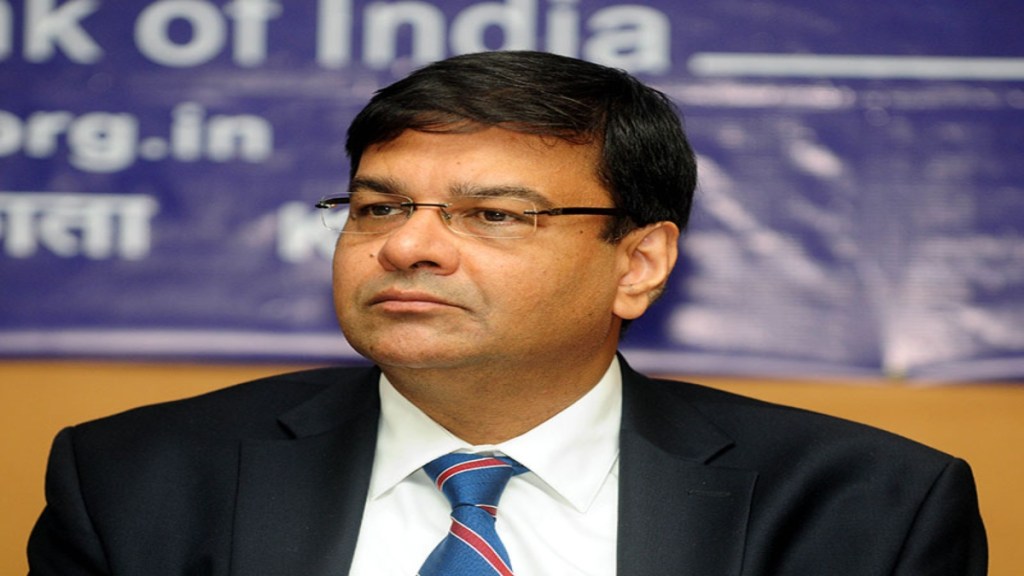Most accounts of Urjit Patel, who has just been appointed the executive director at the International Monetary Fund, has described him as a well-respected but “low-key” figure — basically, a man of few words. But when he spoke, it was with great effect. The former Reserve Bank of India governor once famously characterised the central bank as an owl and not a hawk or a dove.
Career defined by policy and institutional integrity
There are other examples, too. When the massive bank fraud involving Punjab National Bank came to light in 2018, Patel had said that like the “Neelakantha”, the RBI will consume poison and face brickbats, but will persist with endeavours to become better with each trial.
Patel was to resign at the fag end of that same year — the first RBI governor since 1990 to resign before the completion of his term — citing a terse “personal reasons” amid public disagreements with the government over issues such as surplus fund transfer from the RBI’s reserves and regulatory oversight of public sector banks.
His return to the IMF is more than a personal milestone. As ED, he will play a crucial role in shaping India’s voice on global financial matters at the IMF. Leading India’s representation on the IMF’s Executive Board, he would be representing a constituency comprising India, Bangladesh, Bhutan, and Sri Lanka. His presence at the G20 and BRICS forums has strengthened his role as an influential voice in international economic diplomacy.
Return to the global stage with a key role for India
Patel’s IMF appointment comes after the premature removal of Krishnamurthy Subramanian from the post in May 2024. In a sense it’s a home coming for the 61-year-old whose career began at the IMF in the early 1990s, where he worked on country desks for the United States, India, Bahamas and Myanmar. His early exposure to macroeconomic surveillance and policy design laid the foundation for a career defined by analytical clarity and institutional discipline. Currently, Patel serves as Chairman of National Institute of Public Finance and Policy, an autonomous research institute under India’s Ministry of Finance.
Born in Nairobi, Kenya, in 1963, Patel pursued his undergraduate studies in Economics at the London School of Economics, followed by an M.Phil in Economics from Oxford University. He later earned a Ph.D. in Economics from Yale University, where his doctoral research focused on India’s fiscal policy and debt dynamics.
He returned to India in the 1990s as the IMF’s Deputy Resident Representative, advising on financial sector reforms during a pivotal phase of India’s liberalisation. He served as a consultant to the Ministry of Finance from 1998 to 2001. His public policy trajectory gained momentum when he joined the RBI as Deputy Governor in 2013. During this tenure, he chaired the committee that recommended the adoption of a flexible inflation-targeting framework, which became the cornerstone of India’s current monetary policy.
In September 2016, he was appointed the 24th Governor of the RBI, and in two months, the Government of India announced the demonetisation of all ₹500 and ₹1,000 banknotes of the Mahatma Gandhi Series. It also announced the issuance of new ₹500 and ₹2,000 banknotes in exchange for the demonetised banknotes. Patel’s departure in December 2018 was viewed as a stand for institutional independence, reinforcing his reputation as a professional committed to policy integrity.
He was widely commended for his calm and measured handling of the liquidity shock, his push for banking sector clean-up through the Prompt Corrective Action framework, and his firm stance on central bank autonomy.
Beyond the RBI, Patel has held various roles in international institutions, including a stint as vice-president for Investment Operations at the Asian Infrastructure Investment Bank (AIIB), where he oversaw sovereign and non-sovereign lending portfolios across Asia. He also served as a Director at the Bank for International Settlements (BIS), contributing to global financial stability frameworks and participating in key discussions on monetary policy coordination.
He has also worked with corporations such as Reliance Industries, IDFC, and Gujarat State Petroleum Corporation, and has served on several high-level government committees, including the Kelkar Committee on Direct Taxes and the Prime Minister’s Task Force on Infrastructure. He is currently an independent director on the board of Britannia Industries.


